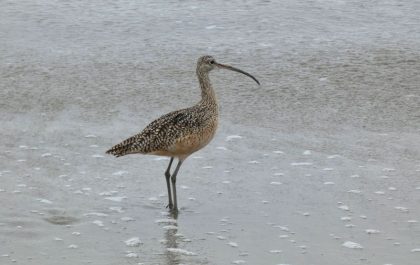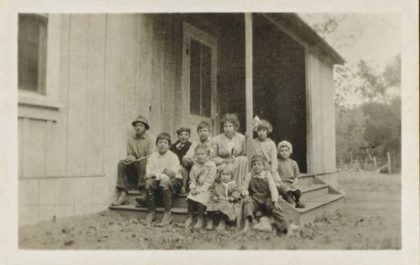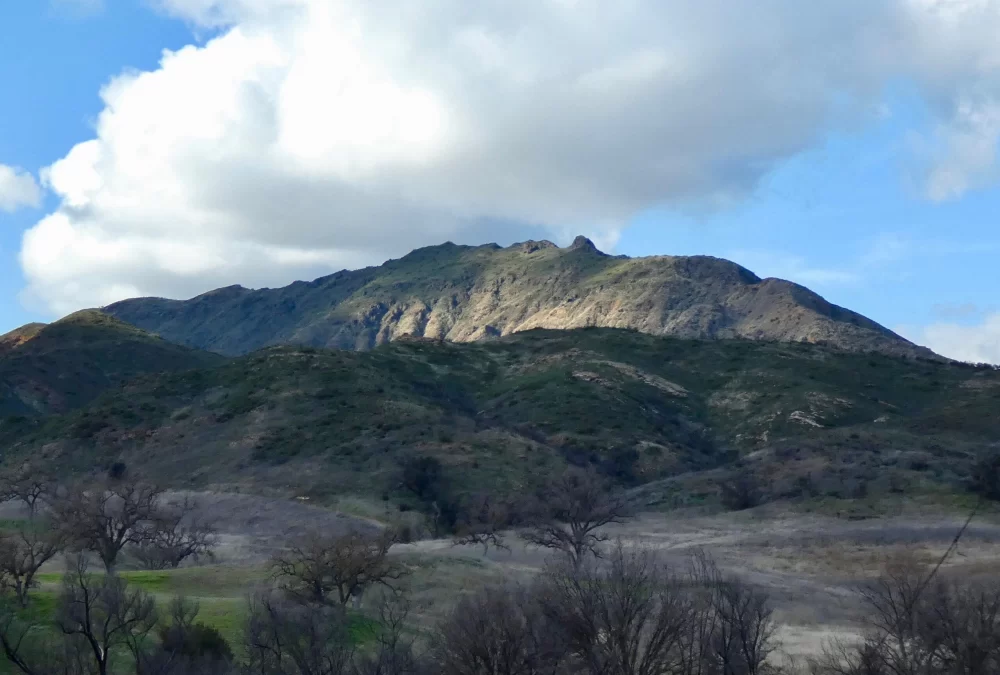You twist the hot water knob with your toes. In this little house, your husband Enzo built the bathtub on risers so you could see the mountains through the window while you soak; the ridgeline lies between your feet, and the bathwater reflects the clouds so you are bathing in the sky.
The three of you are new to life in the coastal mountains. Just on the other side of the hills is the foggy city where you used to squeeze yourself into the nasty shallow tub that exposed your most tender flesh to the cold damp of morning. Now you lie in water up to your chin, daring to consider hope.
You wish your mother Eva could see this view. She has been dead a year. You bought the little house with money Leo gave you. He said, “I meant this for Eva if I died first, but she beat me to the punch.” Her death has gut punched all of you.
You mourn Eva when you are alone at the supermarket. Suddenly gasping in the soup aisle, unable to breathe, your sorrow brings tears but no violence. You ask Enzo if his grief for his father would have whipped you all around the way it did if you had lived here then, with these mountains and this sky. Enzo says, “Yes. You get to mourn for what was, not what might have been. I mourned for love withheld, a grief of rage.” He pats your behind, “Eva wrapped you in love, uno regallo, a present for me, tied with a bow.”
Prickly with grief, you are not a gift to anyone. No one will love you the way your mother did. You leave unfolded laundry in piles because you cannot ask your mother how to grieve for a mother. Her words surface at unchosen moments with a kind of clarity they never had when she was alive. You understand at last how to remove a stain, tell a white lie with just the right measure of truth, or forgive a friend just because she is a friend. You see your mother’s eyes and her laugh in Sophie, your child, her beloved youngest grandchild. These much loved traits passed on to another generation may be beautiful, but you yearn to relieve your own infinite loss with the touch of the gentle folding skin at her jawline pressed against you in a kiss. Now you are a mother without a mother, as she was. You hum Eva’s favorite song, the British Navy hymn sung at sea burials, remembering how she sang off-key. You understand the warrior faith that supported her love, imperfect and fierce. You forgive her now for her scornful wit; the sharpness softens with the distance of death. You dress yourself in the dark humor of her Pagan Anglican God, who throws drama around for fun. Without telling Enzo and Sophie, you sprinkle a fistful of her ashes in the vegetable beds; Eva would want to keep feeding all of you. A breeze scatters the incinerated bones like crushed communion wafers.
You dust off your hands with a soft clap of relief. She is part of the earth now, here, where you live. She will see the view that you and Sophie see. The first time you stood in this kitchen Sophie said, “That mountain looks like the an old horse.” Your daughter traced the silhouette on the glass, neck down to graze, back ridden by the rising sun. You think the mountain looks like a woman sleeping in peaceful abandon. The summit is her shoulder, and further east her hip-bone, and then her knees in a long sloping hill. Her hair and arms stretch over her head towards the sea in descending bluffs. Sometimes you see the sleeping woman, a resting mother mountain whose awakening will shake the earth. Sometimes you see an old broodmare carrying the sky on her back.






Lovely writing…. I have asked my children to leave my ashes under a favourite Rowan tree in Wales but think the veg patch is much better!